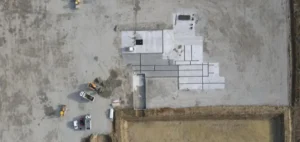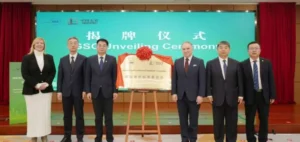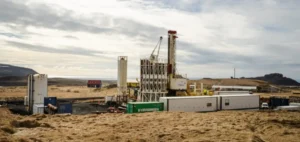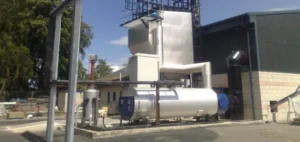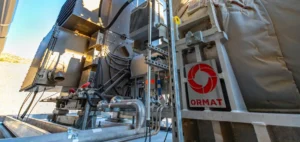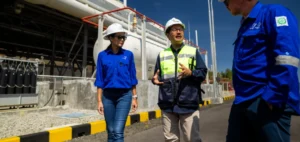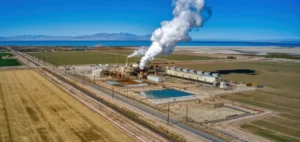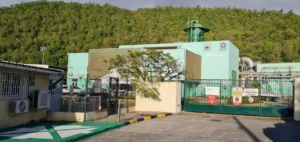Indonesian geothermal energy producer, Star Energy Geothermal (a subsidiary of Barito Renewables Energy), has entered into a strategic partnership with Kyndryl, a US-based information technology company, to modernize its operations with generative artificial intelligence and cloud solutions.
Enhanced IT systems automation
According to Merly, corporate secretary of Barito Renewables Energy (BREN), Kyndryl will deploy its open integration platform, Kyndryl Bridge, to automate IT tasks and optimize processes using AI and machine learning. This system will provide real-time insights into system performance and predict potential failures, thus improving the reliability of the facilities.
The AIOps (AI-enhanced operations) tools included in this technology will simplify workflows while freeing the IT team from routine tasks, allowing them to focus on strategic initiatives.
Migration to cloud technology
As part of this partnership, the IT workloads of BREN’s operational sites will be migrated to Microsoft Azure Cloud. This shift to the cloud aims to reduce operational costs while enhancing the agility and adaptability of Star Energy’s facilities. This migration will enable the company to quickly respond to market changes, regulatory shifts, and technological advancements.
Merly emphasized that this transition is essential to fostering innovation and efficiency within the company while consolidating its role in the renewable energy transition.
Strengthened communication and collaboration
Kyndryl has also upgraded Star Energy’s communication systems, making them more scalable and agile. These enhancements aim to improve internal connectivity and support effective team collaboration.
Efendi Azmi Hashim, managing director of Kyndryl for Malaysia and Indonesia, praised this initiative by BREN, stating that it positions the company among the global energy sector’s technology and innovation leaders.
Planned expansions and innovations
Earlier this year, Star Energy announced its plans to increase its geothermal energy production capacity by 102 MW. This increase will be achieved through expansion projects and technological upgrades at its existing sites in Salak, Wayang Windu, and Darajat. These initiatives align with a broader strategy to enhance geothermal energy’s contribution to Indonesia’s energy mix.



